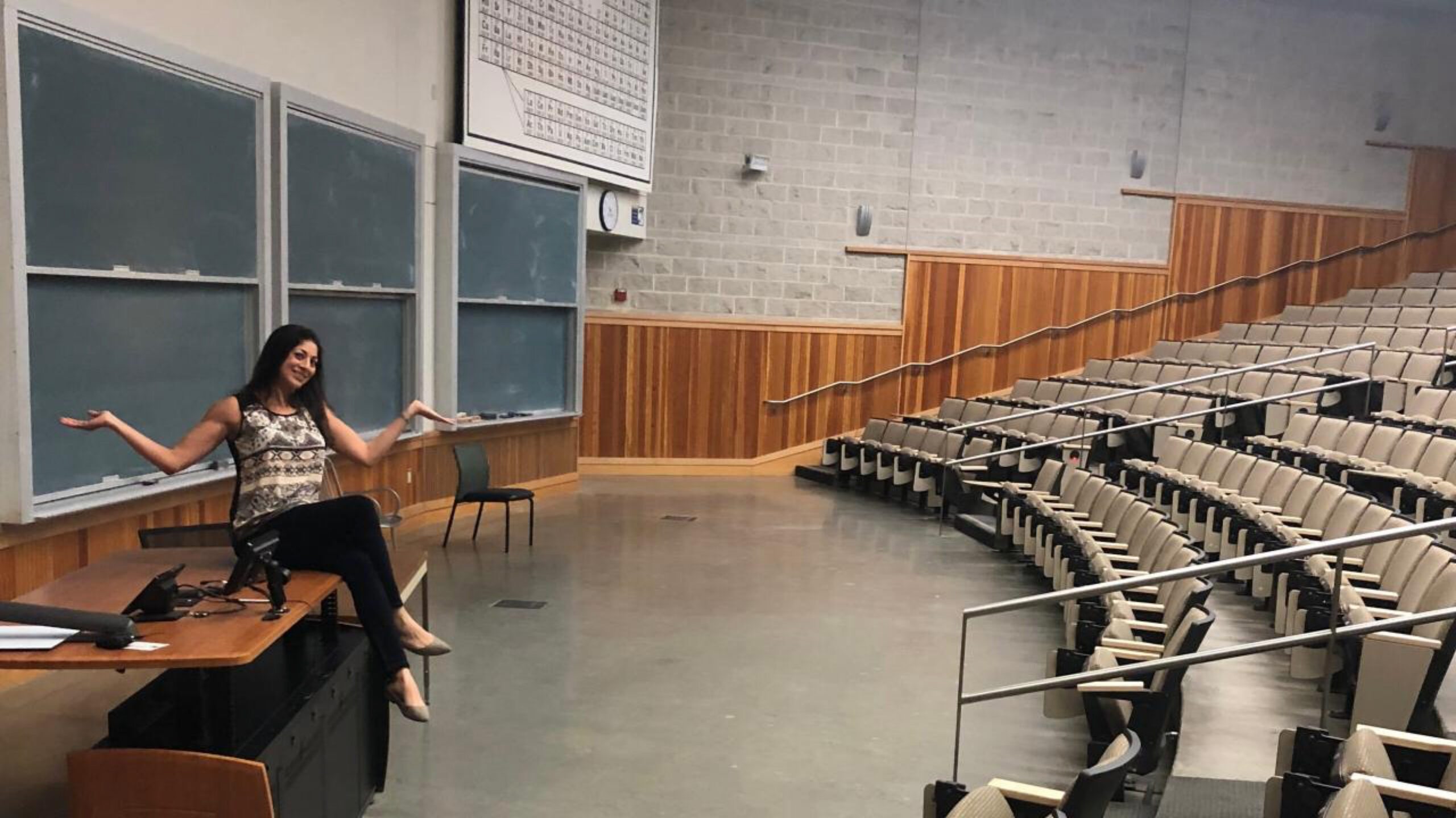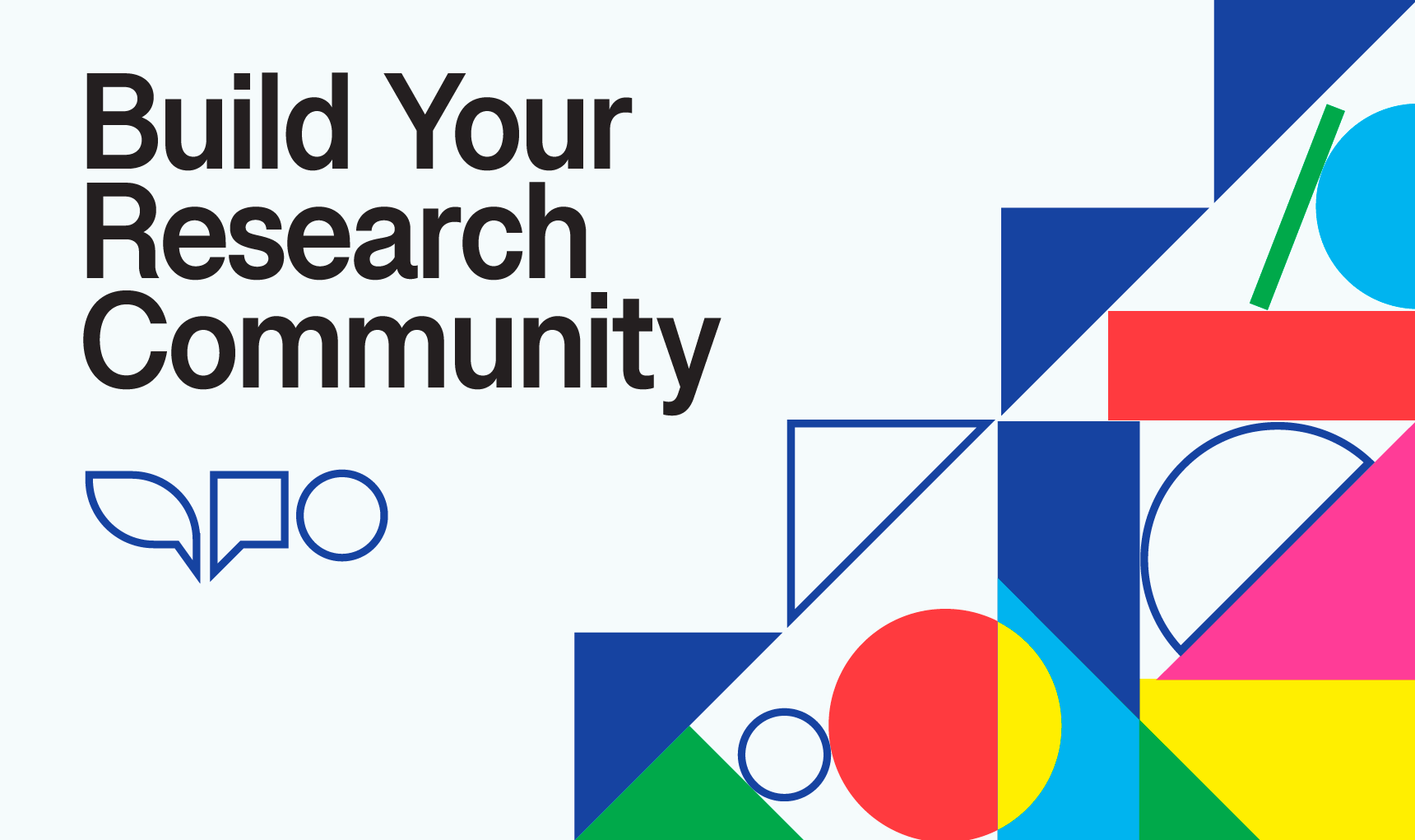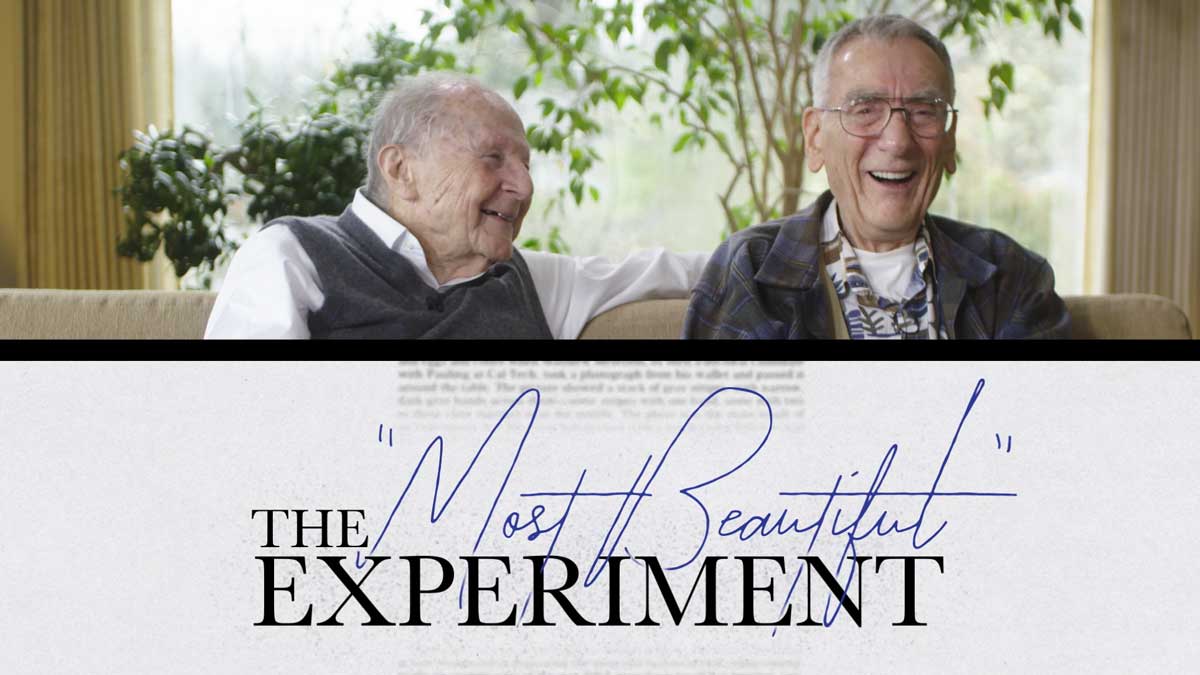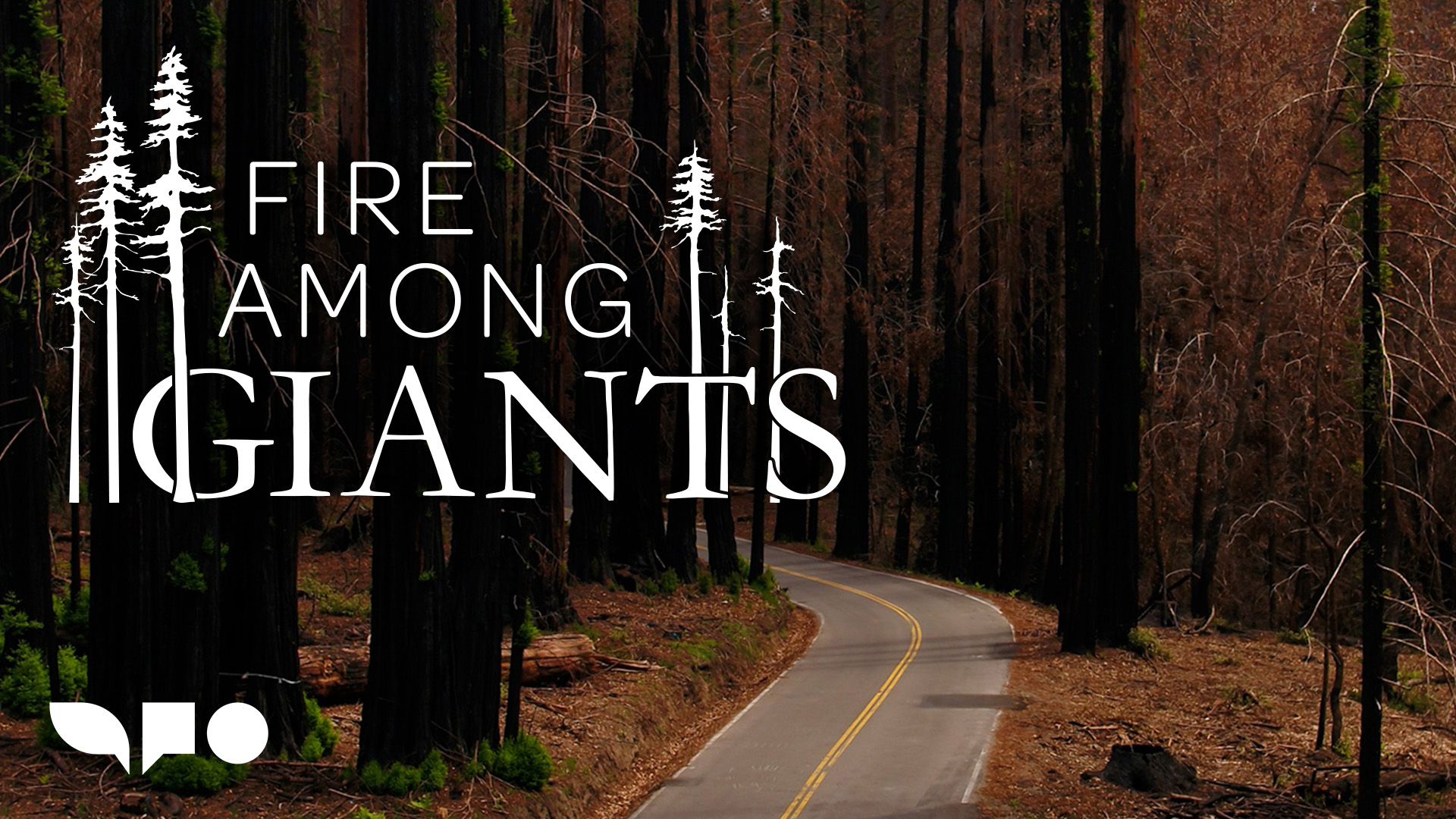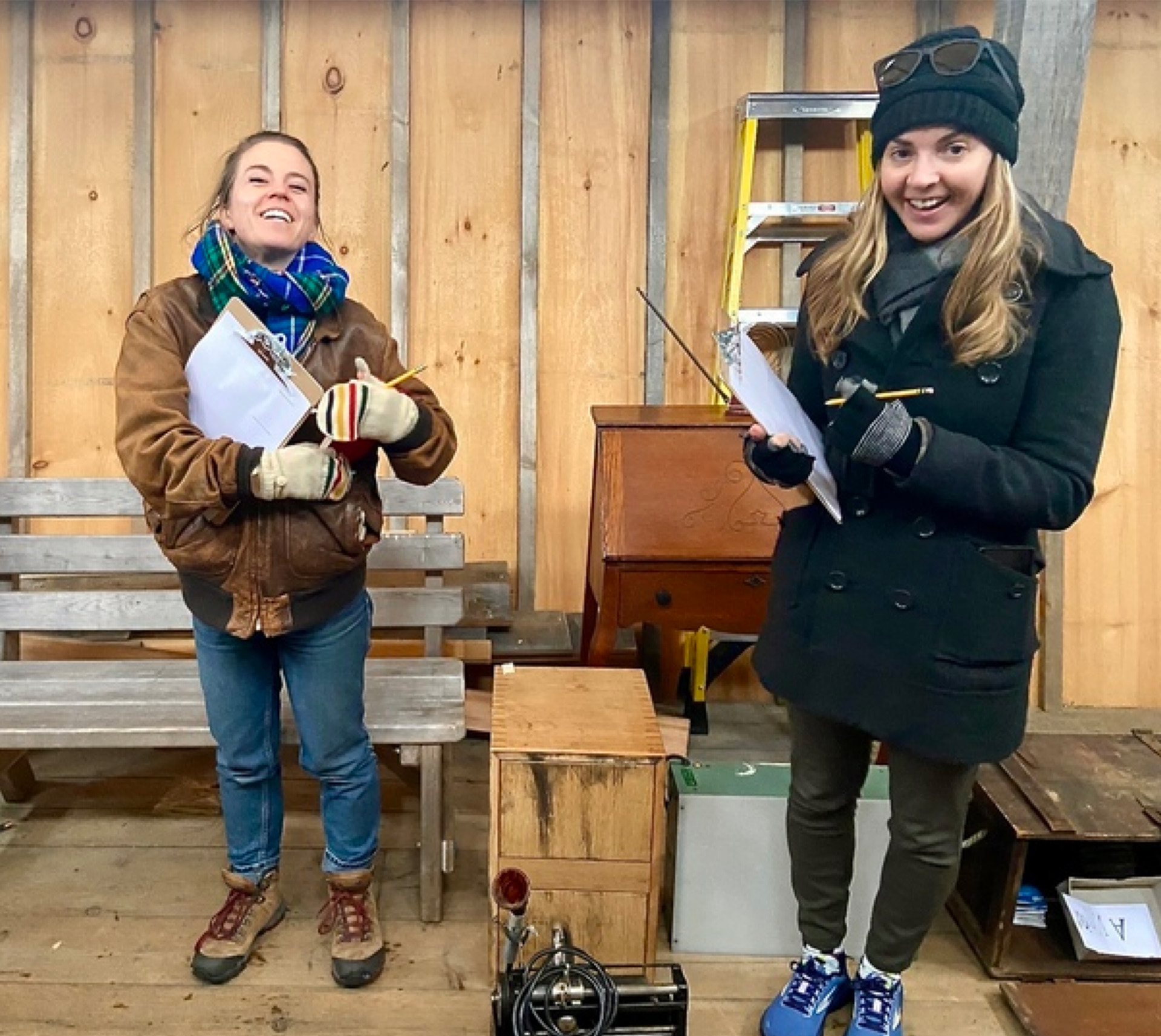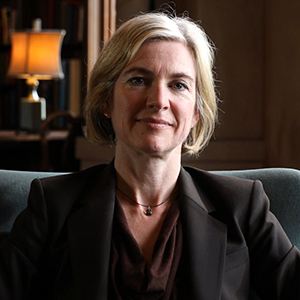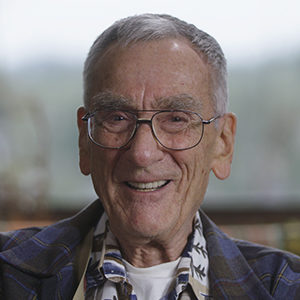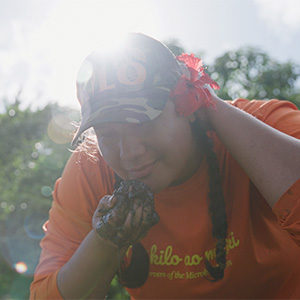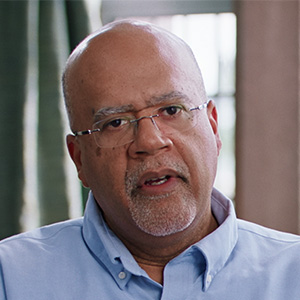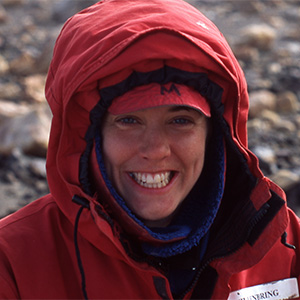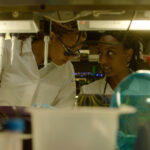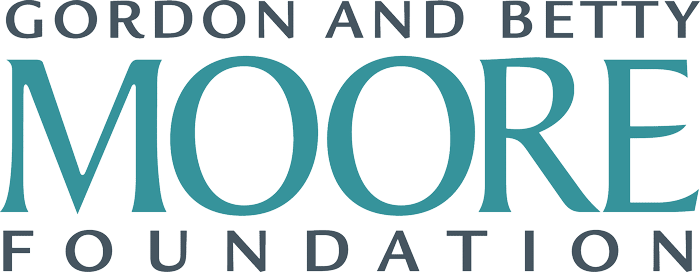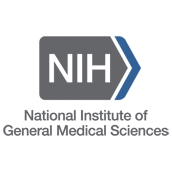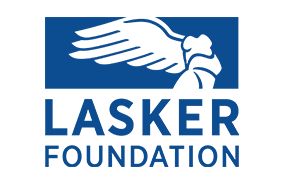Learn more about our research & evaluation efforts in these areas:
Science Education
We research the impact of our films on student learning outcomes including knowledge gains, science identity, and understanding of the nature of science.
Science Communication
We research and evaluate how films can foster public engagement with science.
Professional Development
We evaluate the experiences and outcomes of our professional development courses on early career scientists.
Our Publications & Preprints
Bridging gaps in traditional research training with iBiology Courses
Schnoes AM, Green NH, Nguyen TA, Vale RD, Goodwin SS, Behrman SL (2024) Bridging gaps in traditional research training with iBiology Courses. PLoS Biol 22(1): e3002458. https://doi.org/10.1371/journal.pbio.3002458
Engaging students through online video homework assignments: A case study in a large-enrollment ecology and evolution course
Gerhart LM, Anderton BN. Engaging students through online video homework assignments: A case study in a large-enrollment ecology and evolution course. Ecol Evol. 2021;11: 5777–5789. doi:10.1002/ece3.7547
An Evolving Need for Trusted Information
Howell, E. L., Krause, N. M., Cheney, I., Kirschner, E., & Goodwin, S. S. (2024, February 27). An evolving need for trusted information. Issues in Science and Technology. https://issues.org/informing-policymakers-sean-trust-groves-forum/
Training the next generation of physician-scientists: a cohort-based program for MD-only residents and fellows
Preprint: Training the Next Generation of Physician-Scientists: A Cohort-Based Program for MD-only Residents & Fellows, TA Solvik; AM Schnoes; TA Nguyen; S Behrman; E Maksoud; SS Goodwin; EJ Weiss; A Padmanabhan; DN Cornfield 2022-12-20 | Preprint DOI: 10.1101/2022.12.19.22283532
Broadening the impact of plant science through innovative, integrative, and inclusive outreach
Friesner J, Colón-Carmona A, Schnoes AM, et al. Broadening the impact of plant science through innovative, integrative, and inclusive outreach. Plant Direct. 2021 Apr 14;5(4):e00316. doi: 10.1002/pld3.316. PMID: 33870032; PMCID: PMC8045900.
Science Communication in the Age of Misinformation
Goldstein CM, Murray EJ, Beard J, Schnoes AM, Wang ML. Science Communication in the Age of Misinformation. Ann Behav Med. 2020 Dec 1;54(12):985-990. doi: 10.1093/abm/kaaa088. PMID: 33416836; PMCID: PMC7791627.
Science Communication Demands a Critical Approach That Centers Inclusion, Equity, and Intersectionality
Canfield KN, Menezes S, Matsuda SB, Moore A, Mosley Austin AN, Dewsbury BM, et al. Science Communication Demands a Critical Approach That Centers Inclusion, Equity, and Intersectionality. Frontiers in Communication. 2020;5: 2. doi:10.3389/fcomm.2020.00002
Framework for advancing rigorous research
Koroshetz WJ, Behrman S, Brame CJ, Branchaw JL, Brown EN, et al. Framework for advancing rigorous research. Elife. 2020 Mar 4;9:e55915. doi: 10.7554/eLife.55915. PMID: 32127131; PMCID: PMC7056268.
Are you an educator?
Join our community to access our extensive educator resources with learning objectives, discussion questions, and activities for your classroom.
Science Education
At the SCL, we use film to connect students to science, not just to build a conceptual understanding of it, but also to raise an awareness of the people doing the science and how science is done. We collaborate with educators and social scientists to rigorously research and evaluate our films in classrooms to answer fundamental questions about their role in education:
Can film increase understanding of the nature of science, perceptions of science, and scientist relatability with diverse audiences?
What impact do films featuring different scientists telling their own stories have on individuals from diverse identity groups?
What is the impact of films paired with evidence-based teaching practices on student learning outcomes?
We conduct original research to inform our productions and understand their impacts. This includes reviewing the education research landscape, testing our films in diverse classrooms, and sharing our findings with our fellow researchers, educators, and filmmakers.

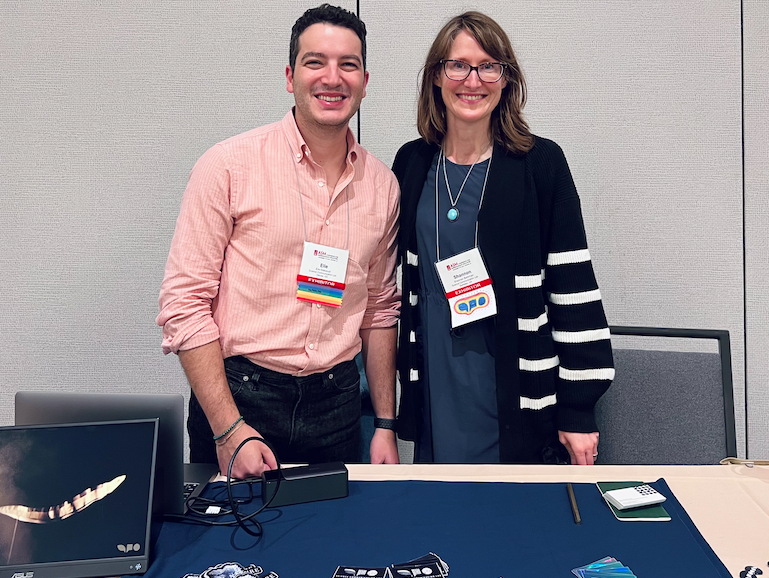
We participate in various communities which support undergraduate and graduate biology education and education research. Some of those communities include the Society for the Advancement of Biology Education Research (SABER), the American Society for Microbiology Conference for Undergraduate Educators (ASMCUE), the Graduate Career Consortium (GCC), and the AAMC Graduate Research Education And Training (GREAT) group.
Through our participation in these groups, we build awareness around our resources and our approach to communicating science; we cultivate collaborations with educators in developing and evaluating our curricular content; and we communicate our research findings to advance our collective knowledge.
We are researching...
Educators’ views of film
We are evaluating...
Outcomes of our professional development course
We are researching...
The impact of our short films on undergraduate student learning
We conducted an exploratory research study in a large undergraduate classroom to examine the effect of video format on different learning outcomes. Students who were randomly assigned to the cinematic-stye short film had greater levels of engagement and perceptions of knowledgeability and relatability of the scientist speakers, as compared to those who were assigned a video lecture or whiteboard animation. They also had the same level of knowledge gains compared to the students who watched the other two films.
Science Communication with Public Audiences
There is growing interest in both science communication and education research on the potential for stories to convey science in ways that advance engagement, perspective change, and longer-term learning. But we have been surprised to find very little research examining the impacts of narrative for science communication and education. There is even less study of how film can engage diverse audiences in science and science issues, even though film is one of the most popular mediums for Americans to receive science information and is ubiquitous in formal education. We are in the early stages of our work but we are unearthing interesting approaches to examine impactful science filmmaking.
We are committed to research and evaluation in order to answer fundamental questions about the role of film in science communication:
Can documentaries increase understanding of the nature of science, perceptions of science, and scientist credibility with diverse audiences?
How can film be used to advance conversations amongst individuals from different identity groups and backgrounds?
Which storytelling, production, and engagement approaches create the most impact?
We are interested in the potential for stories to convey science in ways that advance engagement, change perspectives, and foster longer-term learning in formal and informal educational settings. We draw on existing literature and conduct original research into narrative impacts to better understand audience outcomes to inform future productions.

We are researching...
Engagement with science through short films for the public
We are researching...
Partnerships between science communication researchers and filmmakers
Stay up to date with our research & evaluation!
Sign up for our newsletter to get updates about our latest films, research, and much more. Make sure to subscribe to our YouTube channel so you never miss a new film!
